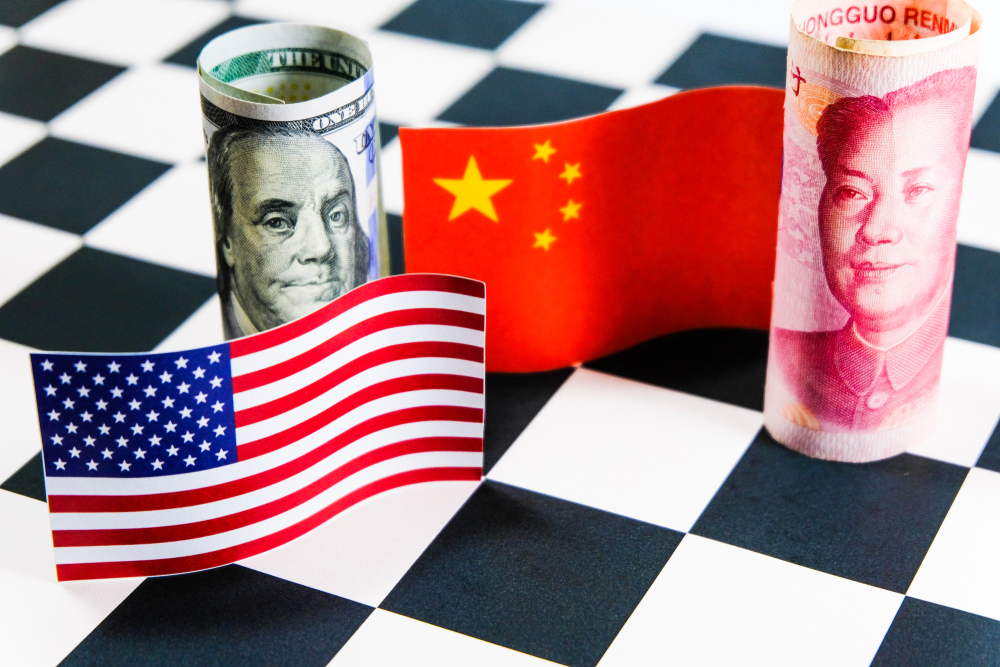
The Auto Care Association is urging the Office of the U.S. Trade Representative (USTR) to create a process by which some members and stakeholders might request product exclusions and exemptions.
Unlike the first two rounds of tariffs, the most recent tariffs on $200 billion of Chinese imports, which went into effect earlier this week, did not mention an exclusion process. Those tariffs were set at 10 percent this week but will rise to 25 percent as of Jan. 1, 2019.
“Supply chains are global and complex,” the Auto Care Association said in a letter to the USTR. “It is not possible to easily or quickly modify supply chains without experiencing a ripple effect. In many cases, companies have no choice manufacturing in China as there are no alternative options due to capacity issues, quality control or customization.”
Without an exclusion process, additional tariffs can have a negative impact on the U.S. automotive industry and consumers, according to the Auto Care Association. Prices will rise and consumers will begin to find it difficult to afford cost-effective repairs for their vehicles. With this in mind, the Auto Care Association has also opposed a trade war and tariffs with China, noting that such efforts will cause harm to U.S. interests.